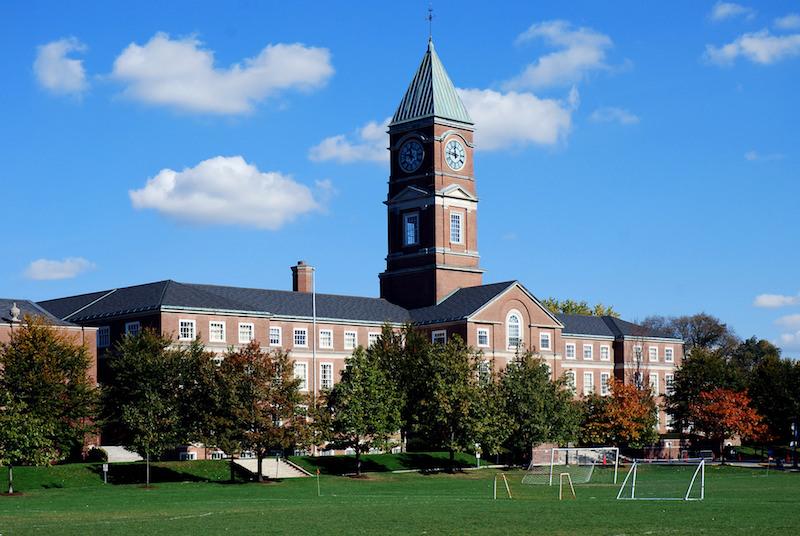
The Unstoppable Rise of the International School
International school: the phrase used to conjure up images of a walled off school in an exotic foreign destination, educating only the children of diplomats and wealthy expats. Not any more – a recent survey by the International School Consultancy Group has revealed that there are now over 7000 international schools worldwide, educating over 3.5 million children, and the numbers are growing rapidly. What might this mean for education here in the UK?
A Very British Education
International schools provide strong evidence that the cachet of a British education still endures in today’s modern world. Over 42% of international schools use a British curriculum, as opposed to 23% which favour a US based education. British exams such as IGCSEs and A Levels dominate, although options such as the IB are starting to gain ground.
Perhaps surprisingly, the vast majority of pupils at international schools today come from the local population, not from expat families. According to the ISC survey, over 80% of intake is from wealthy local families who are hoping to secure an outstanding education for their children. English medium education provides children around the world with fluency in English, which is itself important for their future prospects – but more than this, parents hope that education in a good international school will offer their children the opportunity to attend one of the top English speaking universities in Britain or the US.
A Growing Market in Asia
The 7000 plus international schools today stretch across every continent, but Asia is a particular growth market. Not every government is especially welcoming of international schools, however. In China, for instance, Chinese nationals are not permitted to attend foreign owned international schools. Many schools have found a way around this, by forming co-operative programmes with Chinese investors and educators, thus allowing them to open their doors to Chinese children.
There appears to be a growing trend towards acceptance of international schools, even in countries which were previously not so keen. Malaysia has just removed the 40% native Malaysian intake cap which it used to enforce on international schools, and Dubai has announced plans to create a further 90,000 international school places over the next five years. Other hot growth markets for international schools include Singapore, Vietnam, Thailand, Hong Kong and Qatar.
And the teachers? Over 100,000 of them are from Britain, with more British teachers than ever feeling the lure of international teaching. Many cite good pay, excellent conditions and the attractions of a foreign climate and culture as the major reasons behind their decision to teach abroad – and competition is fierce for teaching posts at the best international schools worldwide.
Benefits for Elite British Schools
Elite British schools have not been slow to jump into the growing international school market. Harrow was the pioneer, in 1998, setting up its first overseas campus in Bangkok; by 2014 there were 39 “branch campuses” around the world from schools such as Wellington College, Marlborough College and Dulwich College.
Estimates put the worth of Britain’s education exports at somewhere around £15 billion, so it’s not surprising to see independent schools keen to maximise their income by catering to the overseas international school market. It’s not all one way traffic, however – a high proportion of pupils at British run international schools will end up attending university in the UK, paying the hefty international student fees which the higher education sector so badly needs.
Typical results from international schools are excellent; after all, their entire appeal is built around rigorous academic credentials, and pupils are typically highly motivated. With international schools offering local children a standard of education which was previously unavailable to them, and with Britain’s economy benefitting in the long run, the rise and rise of international schools looks set to continue to be a win-win situation for the UK.
William Clarence Education is recognised for the bespoke services it provides in finding the best-fit school for British and International families alike - at home or overseas. Contact our school placement consultancy today to discuss your needs.
